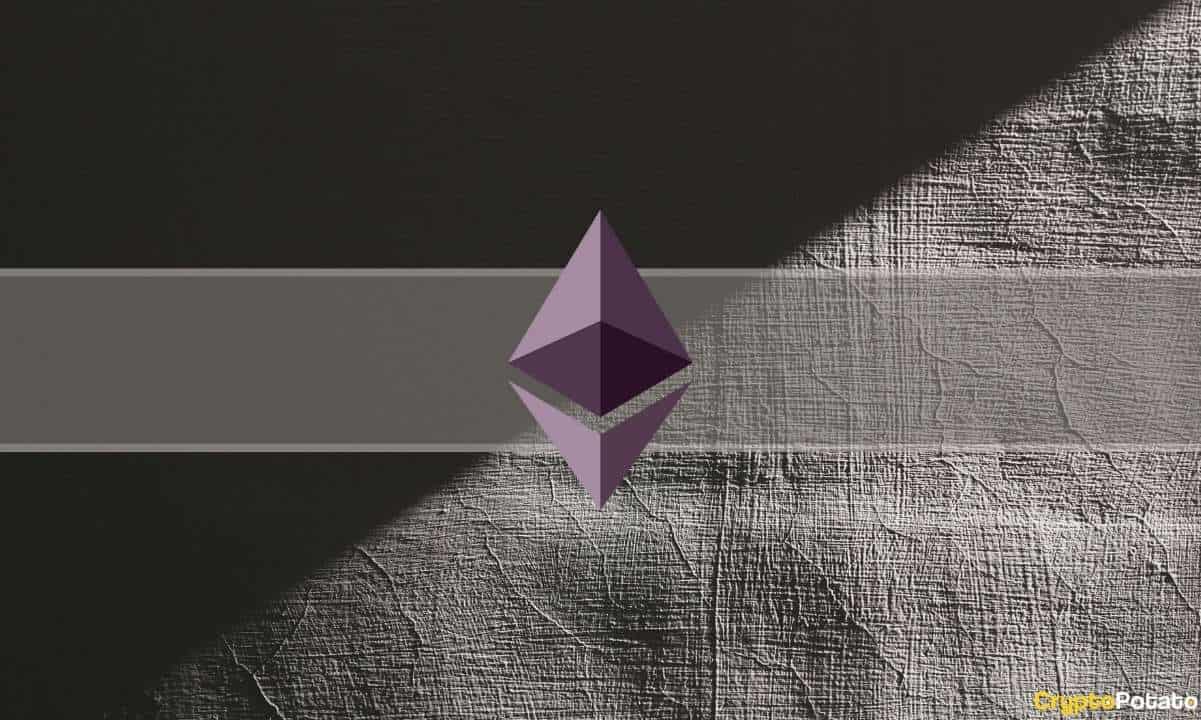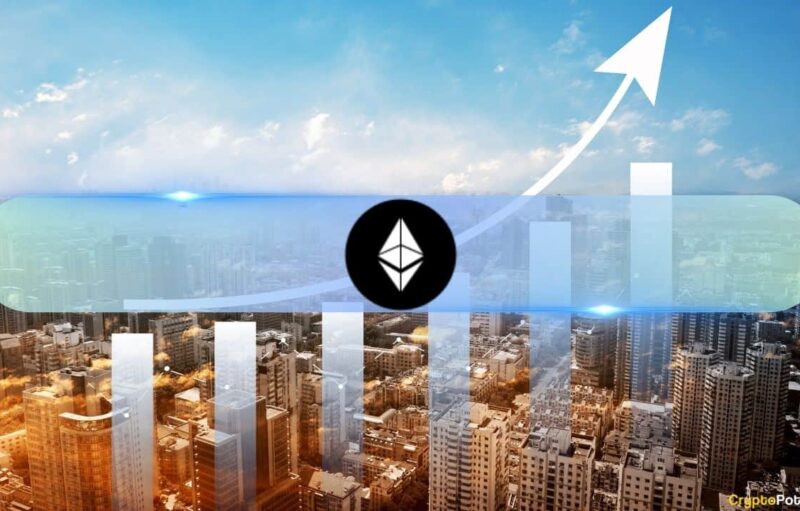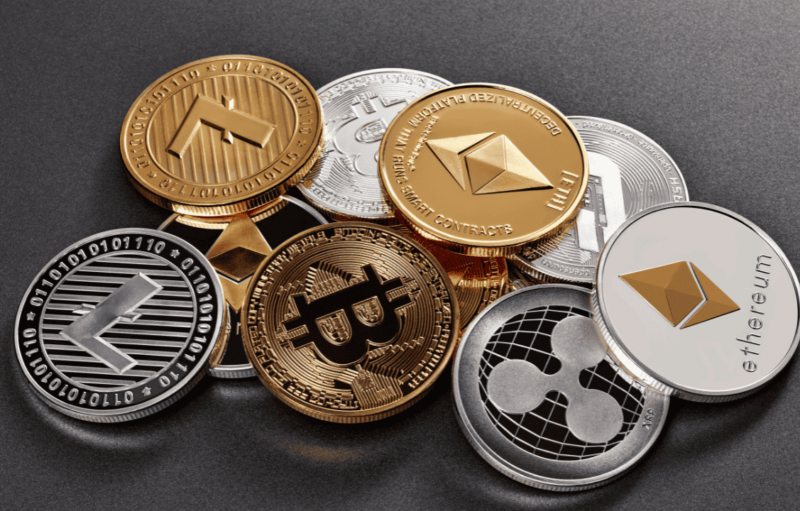

In recent weeks, the Ethereum community has been grappling with an issue causing concern for many users – the rapidly increasing gas consumption on the network.
Gas fees are charged for processing transactions on the Ethereum blockchain, and they have been rising at an alarming rate.
Ethereum Gas Fee Hits 12-Month High
According to data from Dune, shared by data scientist Hildobby, the median price of ETH gas, measured in gwei and averaged over seven days, has surged to 87, a level not seen in the past 12 months – since May 2022. The average transaction fee now hovers around $50, a significant increase from just a few months ago when it was less than $10.
The high gas fees have caused frustration among users, who find it increasingly expensive to perform even simple transactions on the network. Many small-scale users, such as decentralized application (dApp) developers, traders, and retail investors, are finding it difficult to participate in the Ethereum ecosystem due to the high cost of gas fees.
try to buy a ~$20 NFT on eth, and the gas is ~$40.
some ppl say the infra operators deserve to be paid. sure, but imaging paying visa $40 fee for buying a $20 digital good.. infra should be affordable. pic.twitter.com/5L4SYjT5af— 0xMQQ (@0xMQQ) April 18, 2023
ADVERTISEMENT
Memecoins Return
The issue is primarily due to the increasing demand for processing transactions on the network, as memecoins return to the market after being silent for almost two years. Over the past few weeks, memecoin trading has gained momentum, with most of the trading activities taking place on the Ethereum blockchain.
One such memecoin is PEPE, whose market cap jumped by more than 100x within the last two weeks after its launch in mid-April. Other memecoins that have recorded significant hype over the past few weeks include ArbDogeAI, WOJAK, and SHIBAI.
Another possible reason for the high ETH gas fee is the resurgence in NFT trading on the Ethereum blockchain. While such volumes declined significantly in April, perhaps due to the rebirth of memecoins, reports revealed that they reached $4.7 billion in Q1, 2023, a 137% from the previous year.
Furthermore, data from the blockchain intelligence platform Glassnode revealed that gas consumption from NFT-related activities on Ethereum surged by 94% between January and February.
The Way Forward
The Ethereum community is actively working on solutions to address the issue, including implementing Ethereum Improvement Proposal (EIP) 4844. This proposal aims to reduce gas fees and transaction throughput by introducing a new type of transaction that accepts “blobs” of data.
In the meantime, users have been forced to adjust their strategies, with some opting to perform transactions during off-peak hours when gas fees are typically lower. Others have been switching to alternative blockchain networks that offer lower fees or opting for layer 2 scaling solutions such as Polygon to reduce the cost of transactions.
Binance Free $100 (Exclusive): Use this link to register and receive $100 free and 10% off fees on Binance Futures first month (terms).
PrimeXBT Special Offer: Use this link to register & enter CRYPTOPOTATO50 code to receive up to $7,000 on your deposits.
The post appeared first on CryptoPotato






